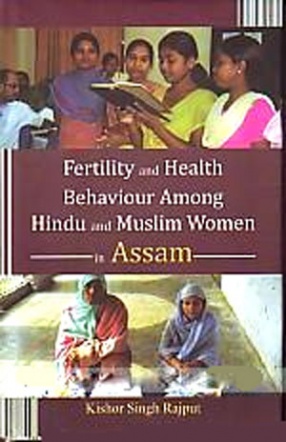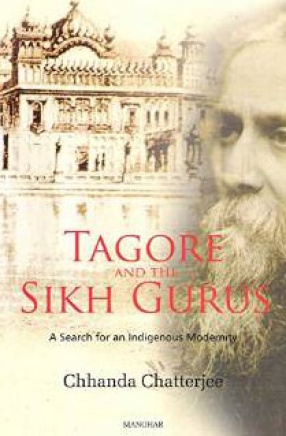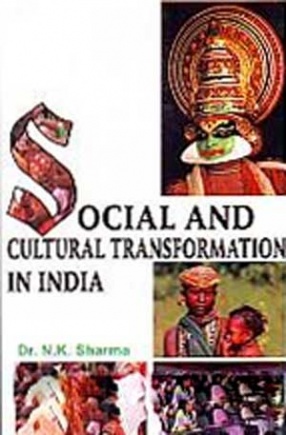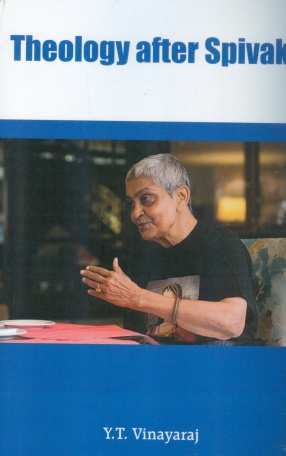The international Conference on Population and Development, held in Cairco in 1994, maintained that population policies would fail to deliver the desired results if the reproductive health needs of different groups of population, particularly that of married women, are not properly attended to. Since then, reproductive health has become a key component in India’s family welfare programme.
This book makes a holistic attempt to explain the reproductive health behaviour of the Hindu and Muslim women of Assam in their socio-cultural context so as to understand the true dynamics of their behaviour. Based on primary data, this book revolves around key areas of reproductive health behaviour, such as contraceptive use, son preference, fertility, breastfeeding practices, antenatal care, institutional delivery, natal care and post-natal care.





There are no reviews yet.